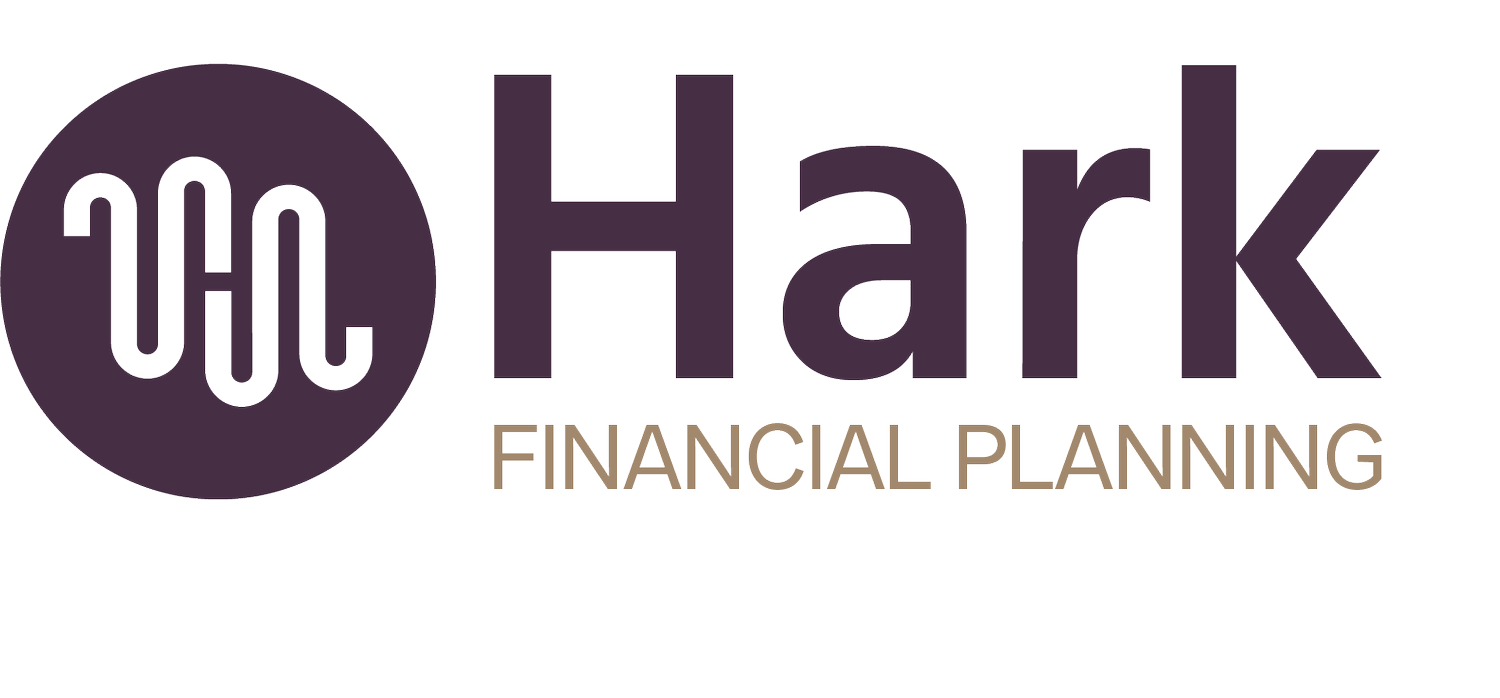Should I Save for a Down Payment or Pay Off Student Loans? A Guide for Millennial and Gen X Lawyers
For many high-earning professionals—especially lawyers and consultants—the dream of owning a home often runs up against a familiar reality: student loans.
So how do you decide whether to put extra money toward your debt… or toward a down payment?
It’s not just a math problem. It’s a question of timing, values, and your bigger financial picture.
First, Know What You Can Actually Afford
Before deciding where to put your extra dollars, get clear on your homebuying timeline.
Are you hoping to buy in the next 6–12 months?
Or are you just starting to plan for homeownership in 2–3 years?
Your timeline matters. If you need cash on hand soon, aggressively paying off student loans might delay your ability to qualify for a mortgage or cover closing costs. On the flip side, if you’re still years away from buying, prioritizing debt payoff could free up future cash flow—making homeownership more sustainable long term.
The Case for Prioritizing a Down Payment
For professionals with steady income and good credit, focusing on your down payment might make sense if:
You want to buy within the next few years
Your student loans have low interest rates (under 6%)
You’re not yet close to a 20% down payment (to avoid PMI)
In this scenario, building your cash position helps you:
Secure better mortgage terms
Reduce your monthly payment
Avoid derailing your emergency fund
However, everyone’s situation and goals are different so you could also be in the opposite situation.
The Case for Paying Down Student Loans First
You might want to prioritize debt payoff if:
Your student loan interest rate is high
You’re already close to your down payment goal
You’re not planning to buy for a while
You feel financially stretched and want to simplify monthly expenses
Reducing your debt load can improve your debt-to-income ratio—something lenders look at closely. It also gives you a psychological and financial boost by freeing up monthly cash flow.
What About Doing Both?
For many of our clients, the best path is a balanced approach:
Make required student loan payments (plus small extra payments if your interest rate is high)
Set up a separate, automated savings account for your down payment
Reevaluate every 6 months based on changes to income, interest rates, or housing market conditions
For everyone, the goal is to make sure your money is working for you — not the other way around.
One Last Thing: Don’t Sacrifice Your Emergency Fund
Buying a home is a major financial step—and it comes with surprises. Prioritize keeping 9-12 months (or more) of essential expenses in a high-yield savings account, especially if you’re self-employed or your income is variable. A house can be an asset—but only if it doesn’t become a liability during a downturn.
The Bottom Line
There’s no one-size-fits-all answer. But with the right plan, you don’t have to choose between long-term stability and short-term opportunity. You just need to know what trade-offs you’re making—and when.
At Hark, we help our clients build flexible plans that make room for both debt management and wealth building. If you’re unsure how to balance your goals, let’s talk.

